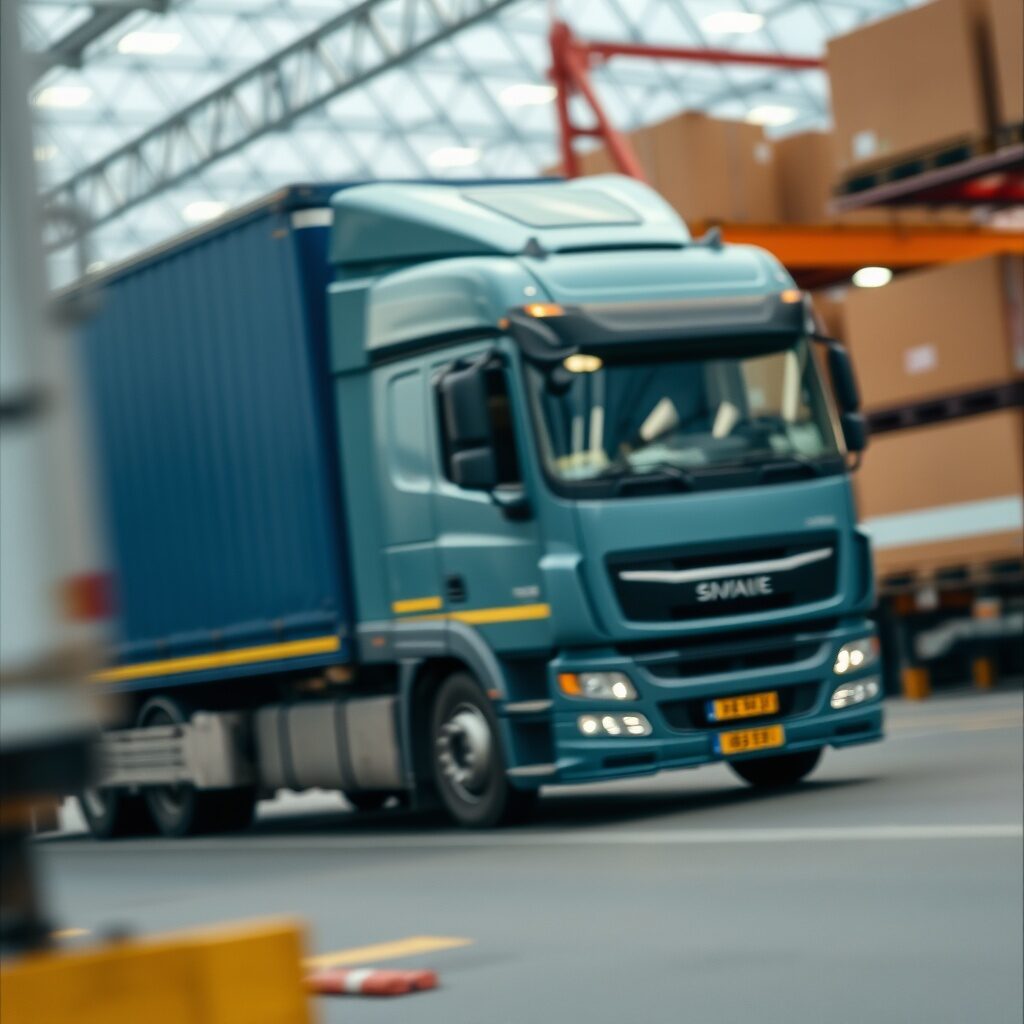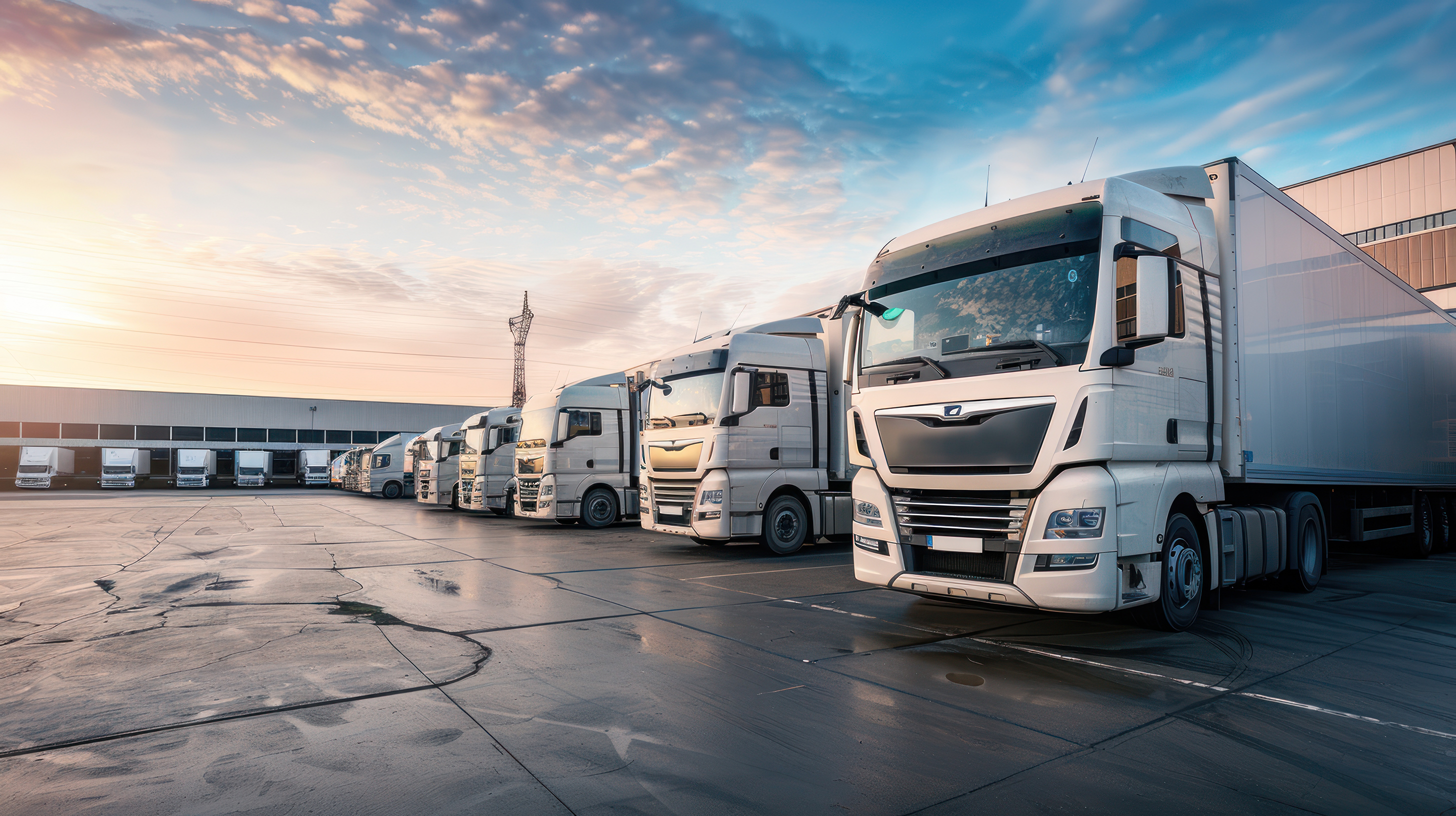
Understanding DVSA Compliance Audits
DVSA compliance audits are essential evaluations conducted to ensure that transportation operators adhere to the standards and regulations set by the Driver and Vehicle Standards Agency (DVSA) in the UK. These audits are particularly relevant for companies involved in the transport sector, ensuring the safety and legality of their operations.
What is a DVSA Compliance Audit?
A DVSA compliance audit is a comprehensive review of a transport operator’s practices, focusing on vehicle maintenance, driver management, and operational procedures. It is designed to ensure that businesses comply with the legal requirements and regulations established by the DVSA. Primarily, these audits target transport operators, fleet managers, and logistics companies.
Benefits of DVSA Compliance Audits
- Improves safety standards by ensuring vehicle and driver compliance.
- Reduces the risk of legal penalties and operational disruptions.
- Enhances company reputation by demonstrating commitment to safety and legality.
- Identifies areas for operational improvement and cost savings.
Risks of Non-Compliance
Failure to comply with DVSA regulations can lead to severe consequences, including substantial fines, legal action, and even the suspension of operational licenses. Non-compliance can also damage a company’s reputation and potentially jeopardise contracts with clients.
Legal and Regulatory Context
DVSA compliance audits operate within a framework of UK transportation laws. Key regulations include the Road Traffic Act, Goods Vehicles (Licensing of Operators) Act, and other specific vehicle and driver safety standards. Adhering to these regulations is crucial for lawful operations.
For more detailed information, you may refer to the Driver and Vehicle Standards Agency (DVSA) on GOV.UK.
Costs Involved in a DVSA Compliance Audit
While the cost of a DVSA compliance audit can vary based on the size of the operation and the depth of the audit, investing in regular audits can prevent more substantial costs associated with non-compliance penalties. Costs may include hiring external auditors or consultants with expertise in DVSA regulations.
How to Implement a DVSA Compliance Audit
- Conduct a preliminary self-assessment to identify potential areas of non-compliance.
- Engage experienced professionals to perform a thorough audit.
- Review audit findings and implement recommended changes.
- Establish regular audit intervals to maintain compliance.
Consider consulting a professional transport manager to assist in maintaining compliance.
Common Mistakes During Audits
- Inadequate record-keeping of vehicle maintenance and driver logs.
- Failure to update company policies in line with new regulations.
- Overlooking minor compliance issues that can escalate over time.
Pros and Cons of DVSA Compliance Audits
| Pros | Cons |
|---|---|
| Ensures safety and legal compliance. | Can be costly and time-consuming. |
| Improves operational efficiency. | May require external expertise. |
Key Takeaways
DVSA compliance audits are crucial for ensuring the safety and legality of transport operations in the UK. They offer significant benefits by improving safety standards and reducing the risk of legal issues. However, they require careful planning and execution to avoid common pitfalls.
FAQs
What is the purpose of a DVSA compliance audit?
The purpose of a DVSA compliance audit is to ensure that transport operators adhere to the legal standards set by the DVSA, focusing on safety and operational efficiency.
Who needs a DVSA compliance audit?
Transport operators, fleet managers, and logistics companies in the UK are typically required to undergo DVSA compliance audits.
How often should a DVSA compliance audit be conducted?
While there is no fixed interval, it is recommended that audits be conducted regularly, often annually, to ensure ongoing compliance.
What happens if a company fails a DVSA compliance audit?
Failing a DVSA compliance audit can result in penalties, legal action, and potential suspension of operating licenses.
How can I prepare for a DVSA compliance audit?
Preparation involves conducting a self-assessment, maintaining accurate records, and updating policies in line with current regulations.
Is external help necessary for a DVSA compliance audit?
While not mandatory, engaging external experts can provide valuable insights and ensure a thorough compliance audit.
Plan Your Next Audit
Discuss priorities in a free 30-minute session. Contact us today.





